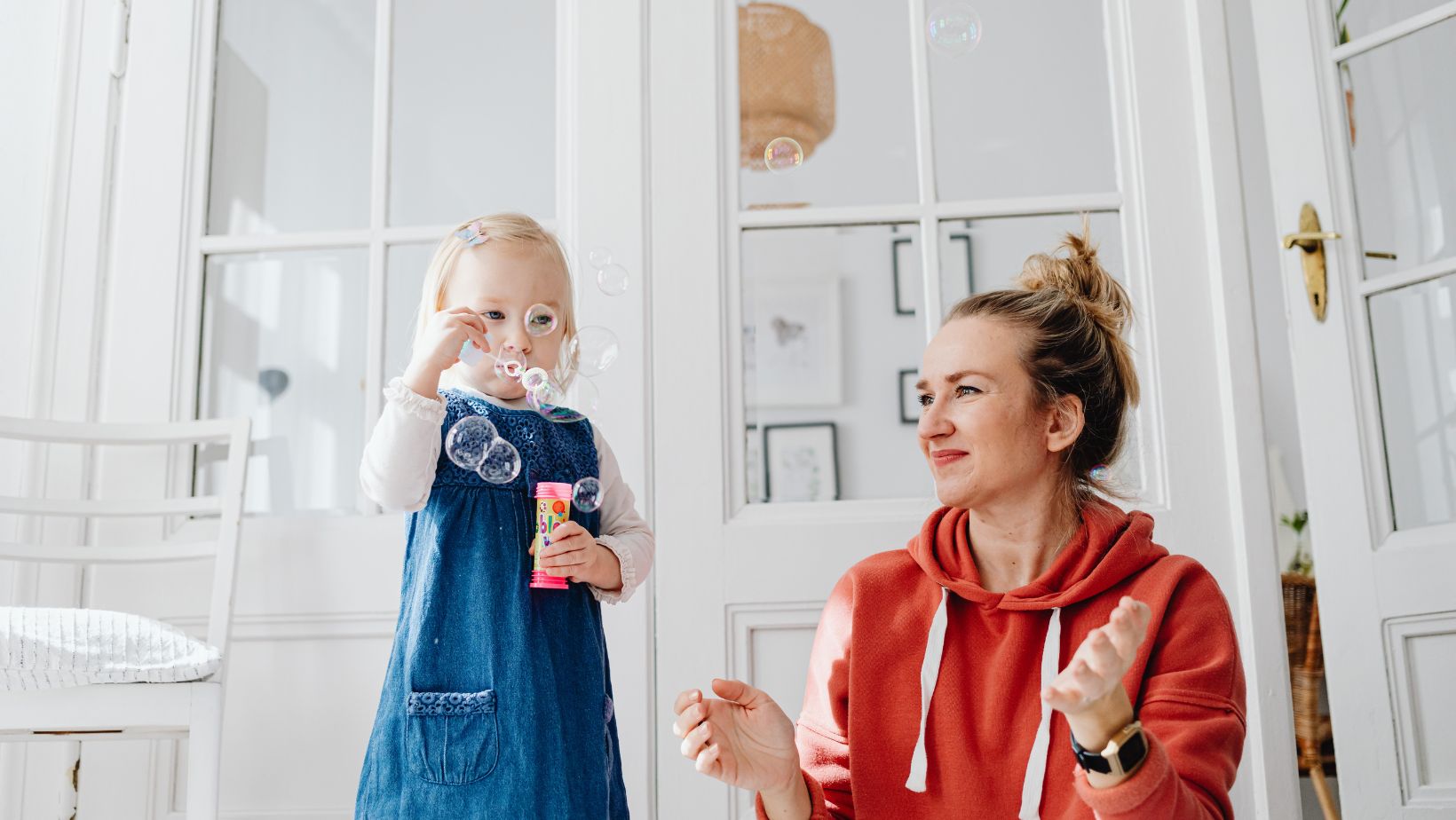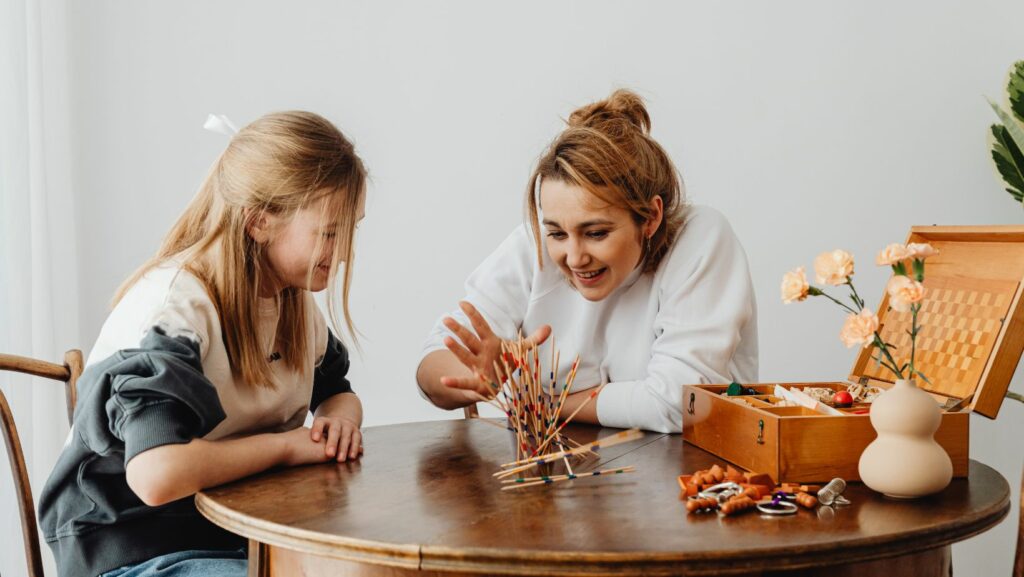The small things children do every day — from how they start their mornings to how they respond to challenges — build more than just routines. They form the foundation of confidence, independence, and resilience. Confidence isn’t something kids are born with; it’s something shaped, step by step, through habits that help them believe in their own ability to handle the world.
Why Confidence Starts With Consistency
Children thrive on predictability. When their daily lives have structure — regular bedtimes, study hours, and play — it creates a sense of security. That structure gives them the mental space to focus on learning and problem-solving rather than worrying about what’s coming next.
A consistent routine also teaches cause and effect: “When I prepare my bag at night, I’m not rushed in the morning.” That simple understanding gives kids a sense of control over outcomes, which is the heart of self-confidence.
Even in academic settings, this connection between routine and confidence is clear. Students who learn in supportive environments, such as those found at a leading islamic private school in Melbourne, often develop strong values alongside academic discipline — habits that carry through to adulthood.
The Role of Small Wins
Confidence isn’t built through grand achievements; it’s built through small, repeatable successes. Every time a child completes a task — finishing homework, helping with chores, or learning a new skill — it reinforces the message: “I can do this.”
Parents can nurture this by breaking big goals into smaller, achievable steps. Instead of saying, “Clean your whole room,” try “Let’s start with your desk.” The satisfaction of completing that first step motivates them to keep going. Over time, these small wins stack up, creating a lasting sense of capability.
Modelling Resilience at Home
Children learn far more from what they see than what they’re told. When parents handle stress calmly, admit mistakes, and show how to recover from setbacks, kids internalise those same behaviours. It teaches them that failure isn’t the end — it’s a chance to try again with more experience.
Simple practices can help reinforce this mindset:
- Share stories about your own challenges and how you overcame them.
- Praise effort over outcomes — “You worked hard on that,” rather than “You’re so smart.”
- Reframe mistakes as lessons rather than disappointments.
By seeing resilience modelled daily, children learn that confidence is not about always being right — it’s about being willing to try again.
Encouraging Independent Thinking
Confidence grows when children are trusted to make their own decisions. This doesn’t mean leaving them completely on their own, but rather giving them controlled choices: what to wear, which book to read, or how to solve a problem.
 Allowing children to experience natural consequences is part of this learning process. When a forgotten lunch leads to a hungry afternoon, the lesson often sticks better than a lecture. These moments, though small, teach self-awareness and responsibility — two qualities that underpin lifelong confidence.
Allowing children to experience natural consequences is part of this learning process. When a forgotten lunch leads to a hungry afternoon, the lesson often sticks better than a lecture. These moments, though small, teach self-awareness and responsibility — two qualities that underpin lifelong confidence.
Building a Growth Mindset Through Encouragement
The words adults use matter. Constantly telling a child they’re “smart” can make them afraid to fail. Instead, praising effort and persistence builds what psychologists call a growth mindset — the belief that ability develops through hard work and practice.
A growth mindset helps children view challenges as opportunities rather than threats. When they believe improvement is possible, they’re more likely to take on new experiences, experiment, and learn — all key ingredients for confidence.
Try simple phrases like:
- “I love how you kept trying even when it was tricky.”
- “That didn’t work — what could we do differently next time?”
- “You’re improving every time you practise.”
Each reinforces progress over perfection.
Creating Environments That Nurture Confidence
Beyond the home, the right learning environment plays a major role. Classrooms that promote respect, curiosity, and responsibility encourage children to express themselves without fear of judgment. Supportive teachers and positive peer interactions further strengthen self-esteem.
In community or faith-based schools, where moral and academic growth are equally valued, students often learn that confidence isn’t arrogance — it’s humility paired with self-assurance. That balance prepares them for leadership, empathy, and meaningful contribution later in life.
The Habits That Last a Lifetime
Confidence doesn’t come from a single moment of success. It’s the accumulation of hundreds of daily actions — showing up, trying again, helping others, and believing in their own ability to improve. Parents and teachers play an essential role in guiding those habits early on.
When children grow up surrounded by encouragement, structure, and opportunity, they develop more than just self-belief — they gain the quiet assurance that they can handle whatever comes next. And that’s a habit worth nurturing for life.

